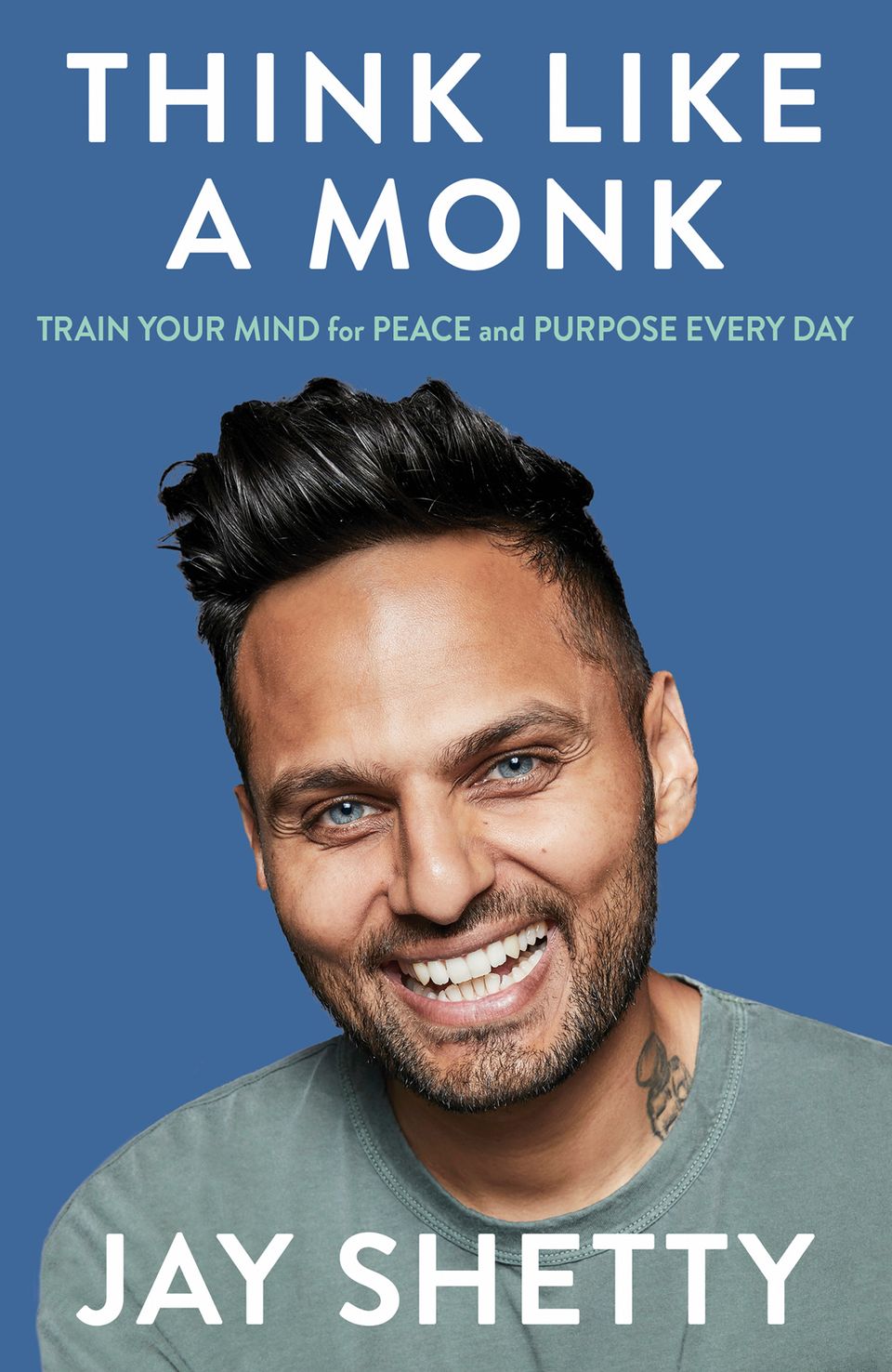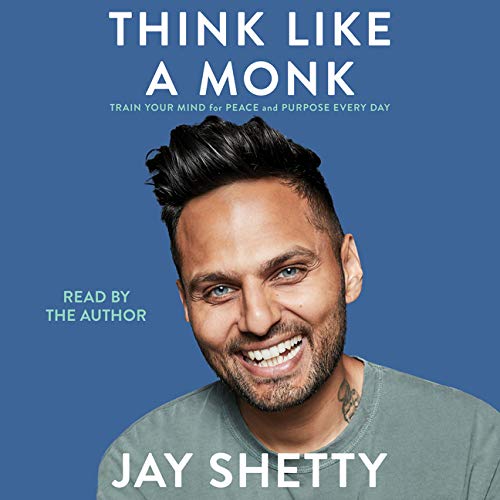


Shetty: A superpower that monks cultivate is to not judge what is happening we do not label people or situations as “good” or “bad.” There’s a Taoist parable that speaks to this. From this place of objectivity, we can more accurately and more vividly perceive the world around us we aren’t so swept up in the urgency of our attachments.Ĭaprino: So how can we best incorporate this mindset in our everyday life, especially during times of crisis?

This is one of the reasons monks undergo so many austerities, such as having few or no possessions or fasting-these are ways of practicing detachment. We don’t just react to situations, but we evaluate them to decide what the right action is. When we are detached, we become observers of what is happening in our minds. Shetty: For me, one key perspective that has been foundational is the practice of detachment, which is an essential element of training the mind. Plus, there’s only so much I can say in a single video or podcast, and the book format allows me to include a lot more detail-more practical steps, wisdom, stories, and science.Ĭaprino: What would describe as the “monk perspective?” I wanted to create something that dives deeply into all of that. Rarely have I spoken directly about my experiences as a monk, or given details about my monk training. Shetty: The principles and ideas I learned as a monk are much of what I share with others, yet I typically couch them in more modern language and blend them with data and with ideas and opinions from giants in business, entrepreneurs, influencers, and so on. I couldn’t think of anything to do with my life that could be more powerful or meaningful than that.Ĭaprino: What made you want to write Think Like A Monk? It was really the combination of being able to learn and study on one hand, and on the other to dedicate myself to service-to plant trees under whose shade I did not plan to sit, as the monk had described-that appealed to me. I bounced back and forth between the ashram and college until it became clear to me that the ashram was where I belonged. For the next few years, during the summers I would stay part of the time at an ashram, studying with the monks. I didn’t decide then and there to become a monk, though. As I sat there listening to the monk talk about the principle of selfless service, something shifted in me. But my friend kept after me and I finally agreed. At first, I thought, “No way!” I was far more interested in celebrities, CEOS-people who had done something with their lives-than some monk. Jay Shetty: During my first year at college, a friend invited me to go with him to hear a talk that was being given by a monk. Kathy Caprino: Jay, can you share how and why you became a monk? In his first book, Think Like a Monk: Train Your Mind for Peace and Purpose Every Day, out this week, Shetty draws on his experience as a monk in a Hindu ashram to show how anyone can live a more meaningful life, with less sacrifice and more practicality. iTunes named On Purpose in their Top New Podcast’s of 2019 and consistently rank Jay as the #1 Health Podcast. Shetty’s On Purpose podcast has received 52 million audio downloads in its first year and over ten million views in podcast videos. And finally, at age 22, he turned down job offers in corporate finance to live and travel across India, UK and Europe as a monk. From this experience, he studied and lived with the monk for three summers during his college years. He was fascinated and wanted to learn more. But it was in listening to the monk’s talk that Shetty finally felt-for the first time in his life-that he was experiencing someone who was truly happy. He wanted to learn all about their secrets to success. In one interview, Shetty describes that in his teens, he had been was deeply motivated to attend as many talks as he could that were delivered by highly influential and “successful,” celebrated people of all walks, including CEOs, celebrities, authors, and influencers who were famous, rich, beautiful and strong. It all started at age 18 when his friends pressured him to attend a talk given by a monk. He wasn’t interested at all, but he ended up going, with a promise from his friends to go to the pub directly after. Shetty’s personal story is riveting, including why he chose early in life to become a monk himself.


 0 kommentar(er)
0 kommentar(er)
